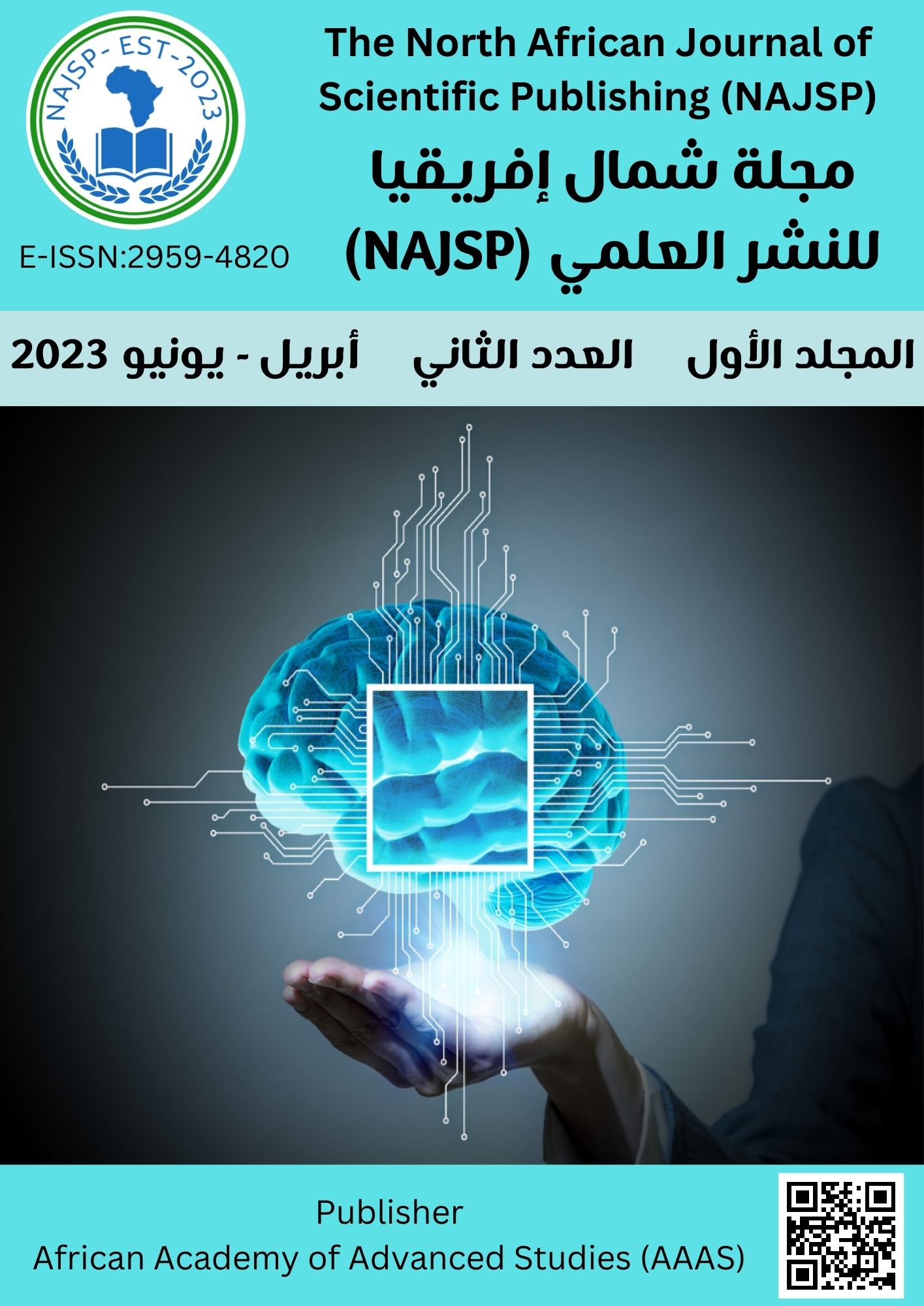Towards an Eclectic Approach to the Translation of Lexical Differences between Arabic and English: The Sand Memory as a Case Study
DOI:
https://doi.org/10.65414/najsp.v1i2.49Keywords:
Arabic-English literary translation, cultural aspects, lexical gaps, foreignization, domesticationAbstract
This article has attempted to identify the cultural difficulties and linguistic gaps encountered in Arabic-English literary translation. Such difficulties and gaps are accounted for by using integrated approach that merges linguistic and cultural models of translation in order to look for practical solutions to the problems that might be faced by a translator in his/her rendition of literary text from Arabic into English. For solving the lexical gaps in Arabic/English literary translation, this article highlights a practical framework that is built on two criteria: consideration of the cultural terms of the source culture and respect of the target language system. To do so, I make use of foreignization strategies including literal translation and borrowing with footnote in order to transfer the entire cultural content of the ST. The obtained findings point out that literary translation is not simply technical renditions of the ST lexemes into their counterparts in the TT, but rather requires the translator to offer explanations and comments in order to convey the entire meaning of the cultural items embedded in the source text to the TRs
Downloads
Published
How to Cite
Issue
Section
License
Copyright (c) 2023 Mohamed Sidi Mohamed Sidi Mahmoud

This work is licensed under a Creative Commons Attribution 4.0 International License.







